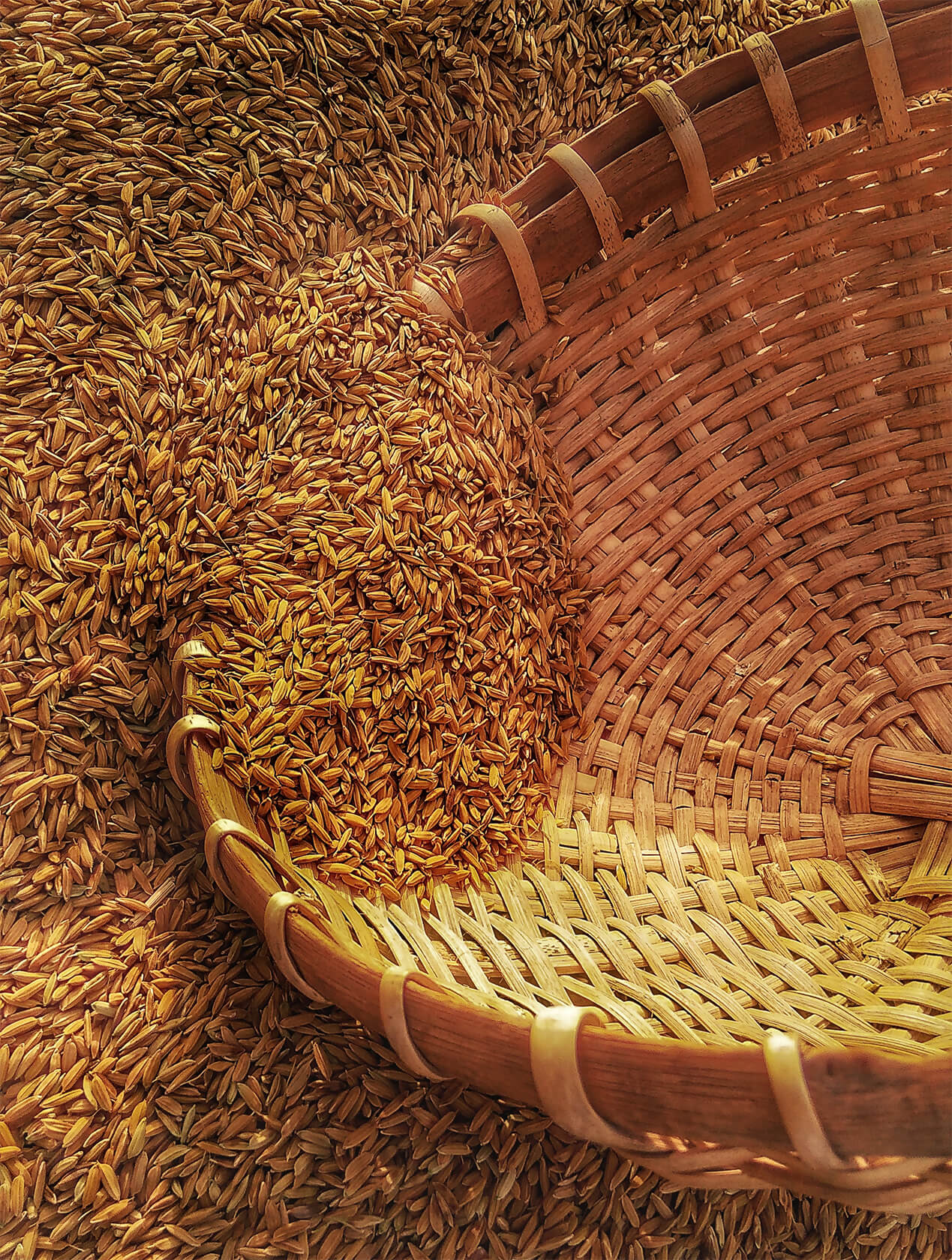What can you do in your own kitchens?
Lead by example. Maintain the rich diversity of the world’s natural larder by using different varieties of plants, grains and proteins. Champion ‘wild’ variants and avoid monoculture.
Lead by example. Raise awareness about the importance of free-range eggs, sustainably sourced fish and animal welfare on your menus and in your restaurants.
Use your purchasing power. Choose producers who commit to higher animal welfare standards. Avoid industrialised livestock production.
Use your purchasing power. Only choose fish and seafood that is abundant and sourced sustainably.

What can you ask of others?
Advocate
for protection of crop diversity and championing of regional and national variants.
Advocate
for an end to pesticides, such as neonicotinoids, that kill bees.
Advocate
for higher national standards around animal welfare.
Bite-size Inspirations
A Sustainable Seafood Movement
Chef William is part of Seafood Watch’s Blue Ribbon Task Force – an organisation working to support the sustainable seafood movement. Chef William advocates for this Task Force in and outside the kitchen; teaching people about the sustainable consumption of seafood as well as championing improved federal fisheries management. Chef William thinks it vital for chefs to find out how their seafood is sourced and to know about food policy councils in their local area. Here are a few programmes Chef William recommends chefs use to sustainably source seafood: FishChoice, James Beard Foundation Impact Program, Chef’s Collaboration and Seafood Watch.
Fonio as a Solution
With a “deliciously mild, nutty flavour”, the fonio grain was historically important to West African cuisine but has since been replaced by imported grains. So, Chef Pierre Thiam is championing the farming and consumption of this “miracle grain”, which is high in micronutrients and can be grown in areas of poor quality soil with little water. Chef Pierre has helped to establish a supply chain that sustainably produces and processes the grain as well as connect fonio farmers with markets. Promoting the regional production of this climate-smart grain helps to maintain the region’s rich biodiversity while improving health and livelihoods.
Chefs’ Manifesto Podcast – Episode 3:
In Episode 3 of the Chefs’ Manifesto podcast, Chef Tom Hunt talks to Fabrice DeClerck, Science Director at EAT, Dorothy Shaver, Global Sustainability Lead at Knorr, Chef Erik Oberholtzer and Chef Lerato Sitole about the importance of biodiversity and the protection of animal welfare.
